Is It a Dental Emergency? How to Tell When to Call Your Virginia Beach Dentist
Highlights:
- How to recognize common dental emergencies
- What to do when sudden pain or damage occurs
- Which symptoms can wait until morning—and which can’t
- How a Virginia Beach, VA dentist who specializes in emergency services can help prevent long-term damage
- Answers to common dental emergency FAQs
- Surprising facts about dental health you might not know
When Dental Problems Just Can’t Wait
We’ve all had those moments—biting into something too hard, waking up with a throbbing toothache, or seeing your child trip and crack a tooth during a soccer game. But how do you know when it’s serious enough to call your dentist right away?
At Ocean Atlantic Dental in Virginia Beach, VA, we understand that dental issues rarely happen at convenient times. That’s why our caring team is here to help you recognize when something is truly urgent. As a Virginia Beach, VA dentist who specializes in emergency services, we’ve seen it all—from knocked-out teeth to severe infections—and we’re here to help guide you through what to do next.
What Counts as a Dental Emergency?
A dental emergency involves any situation where immediate attention is needed to stop pain, bleeding, or further damage to your teeth, gums, or jaw. Some issues can wait until regular business hours, but others need urgent care right away.
Here are some of the most common dental emergencies:
- Severe tooth pain or throbbing
- A knocked-out or loose permanent tooth
- Cracked, chipped, or broken teeth
- Facial swelling or abscesses
- Uncontrolled bleeding from the mouth
- Injury to the jaw or mouth after trauma
According to WebMD, prompt action can often mean the difference between saving and losing a tooth. For example, if a tooth is knocked out, it should ideally be reinserted or preserved in milk and seen by a dentist within an hour.
Even if you’re not sure, it’s always safer to call. Our team at Ocean Atlantic Dental can help determine if it’s an emergency and guide you on what to do until you arrive.
FAQ Break #1: Common Emergency Dental Questions
How fast should I see a dentist for a broken tooth?
Ideally, within a few hours. The sooner you’re treated, the better your chances of saving the tooth and avoiding infection.
What if my toothache goes away on its own?
That’s often not a good sign. If the pain fades suddenly, it may mean the nerve inside your tooth has died, which can lead to infection if untreated.
Should I go to the ER or the dentist?
If you’re experiencing uncontrolled bleeding, facial swelling that affects breathing, or jaw trauma, go to the ER first. For everything else, contact a Virginia Beach, VA dentist who specializes in emergency services.
The Most Common Dental Emergencies Explained
Let’s take a closer look at what these emergencies mean and how to handle them before you reach your dentist.
1. Severe Tooth Pain
Persistent or intense tooth pain can have many causes—decay, infection, or even something lodged between your teeth. Rinsing gently with warm salt water and flossing can help dislodge debris, but if pain continues, call your dentist right away.
According to Delta Dental, ignoring pain can lead to worse infections or abscesses, which may require more advanced treatment later.
2. Knocked-Out Teeth
If a tooth has been completely knocked out, time is critical. Handle it only by the crown (the chewing part), never the root. Rinse it gently if dirty, then try to place it back in the socket. If that’s not possible, keep it moist in milk or saliva and head to your dentist immediately.
3. Broken or Chipped Teeth
A chipped tooth might seem small, but sharp edges can irritate your tongue and gums. Save any pieces that broke off and bring them to your appointment. If there’s pain or visible damage, your dentist can bond or restore the tooth.
4. Gum and Jaw Injuries
If you experience trauma to the mouth or jaw, especially with swelling or bruising, it’s best to seek professional help. These injuries could affect not only your teeth but also your alignment and bite.
5. Infections and Abscesses
A dental abscess is a pocket of pus caused by bacterial infection. Symptoms can include severe pain, swelling, and fever. This condition can spread quickly and requires urgent attention from a dentist.
Did You Know?
According to the Bureau of Labor Statistics, dentists play a crucial role in diagnosing conditions that affect not just the mouth, but the entire body. Many systemic diseases first show up as oral symptoms!
When It’s Not a True Emergency (But Still Needs Attention)
Not every dental issue requires an urgent visit, though many do need timely care to prevent worsening. These include:
- Mild tooth sensitivity
- Small chips without pain
- Lost fillings or crowns (without pain)
- Minor gum irritation or canker sores
Even these smaller problems should not be ignored for long. A Virginia Beach, VA dentist specializing in emergency services can determine whether you need same-day care or a scheduled appointment in the near future.
Sometimes, what seems small can grow into something serious—like decay that reaches a tooth’s nerve or a filling that loosens and exposes sensitive tissue.
How to Handle a Dental Emergency at Home (Before You Arrive)
Knowing what to do before you get to the dentist can make a big difference in the outcome.
Here are some steps for common situations:
- Toothache: Rinse with warm salt water, gently floss, and apply a cold compress for swelling. Avoid using heat or aspirin directly on gums.
- Knocked-out tooth: Keep it moist and see a dentist within an hour.
- Broken tooth: Rinse your mouth and apply a cold compress to reduce swelling.
- Lost filling or crown: Apply a small amount of dental cement or sugar-free gum to protect the area until repaired.
- Abscess: Rinse with warm salt water to help draw pus toward the surface, but do not pop or squeeze it.
The goal is to stay calm and act quickly. The faster you contact a dental professional, the better the result.
FAQ Break #2: Quick Tips for Families
What should I do if my child knocks out a baby tooth?
Do not try to reinsert it. Call your dentist for guidance. Baby teeth are different from adult teeth and shouldn’t be placed back in the socket.
Can I wait until morning if the pain is mild?
If pain is bearable and there’s no swelling, bleeding, or fever, you can wait—but still call your dentist for the next available appointment.
What if my braces break or a wire comes loose?
Use orthodontic wax to cover sharp ends and avoid injury until you can see your orthodontist or dentist.
Why Quick Action Matters
Dental issues can worsen fast. Infections may spread, broken teeth can become more damaged, and untreated pain can signal something deeper. Acting quickly doesn’t just stop discomfort—it can prevent costly treatments later.
A Virginia Beach, VA dentist who specializes in emergency services understands how time-sensitive these moments are. That’s why at Ocean Atlantic Dental, we prioritize same-day appointments for emergencies whenever possible.
Fast dental care often means the difference between simple treatment and complex procedures like root canals or extractions.
Why Choose Ocean Atlantic Dental for Emergency Care
At Ocean Atlantic Dental, we’re more than just your local dentist—we’re your neighbors here in Virginia Beach, VA. We understand that dental emergencies can be frightening and often happen at the worst times.
Our compassionate team is trained to respond quickly and effectively. As a Virginia Beach, VA dentist who specializes in emergency services, we combine advanced technology with a gentle touch to help families of all ages get the care they need when they need it most.
From toothaches to trauma, we’re here to restore your comfort and your smile.
Final Thoughts: Don’t Wait—Call When You’re in Doubt
If something doesn’t feel right, don’t wait and hope it goes away. Whether it’s pain, swelling, or damage, getting professional advice quickly can prevent long-term issues.
At Ocean Atlantic Dental, we’re proud to be the trusted
Virginia Beach, VA dentist who specializes in emergency services for families throughout the area. We’re here to help you get back to smiling—safely, comfortably, and confidently.


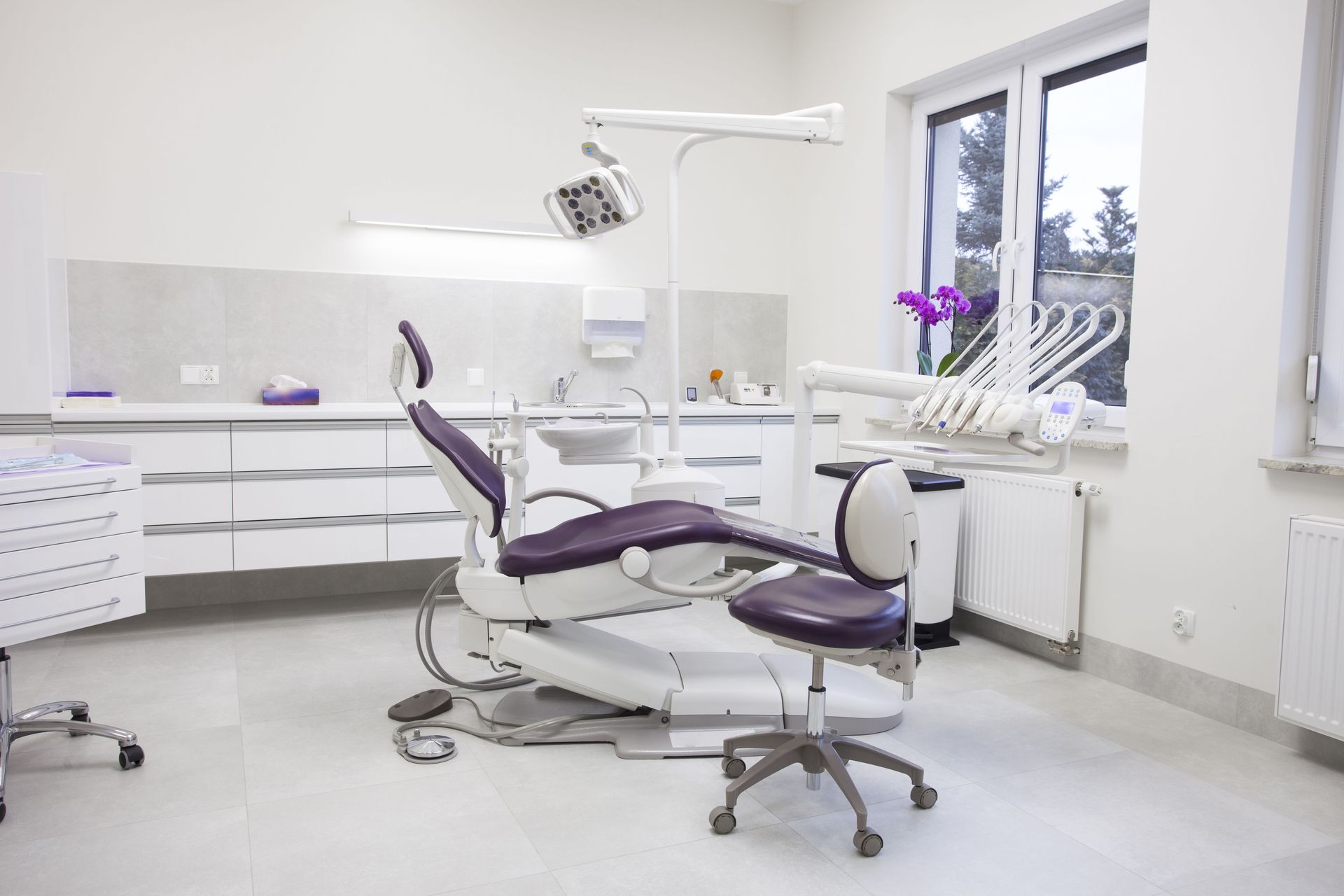

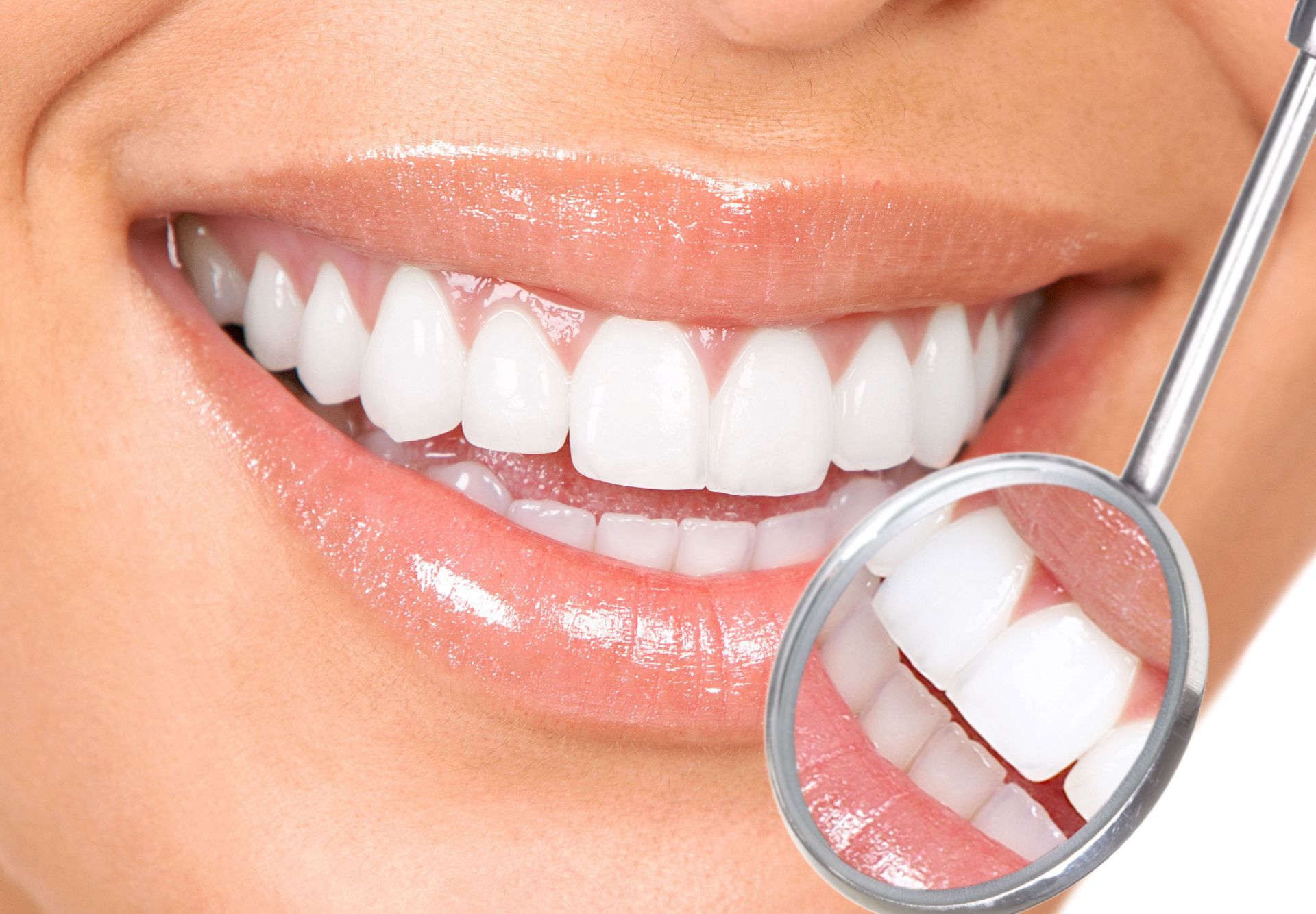
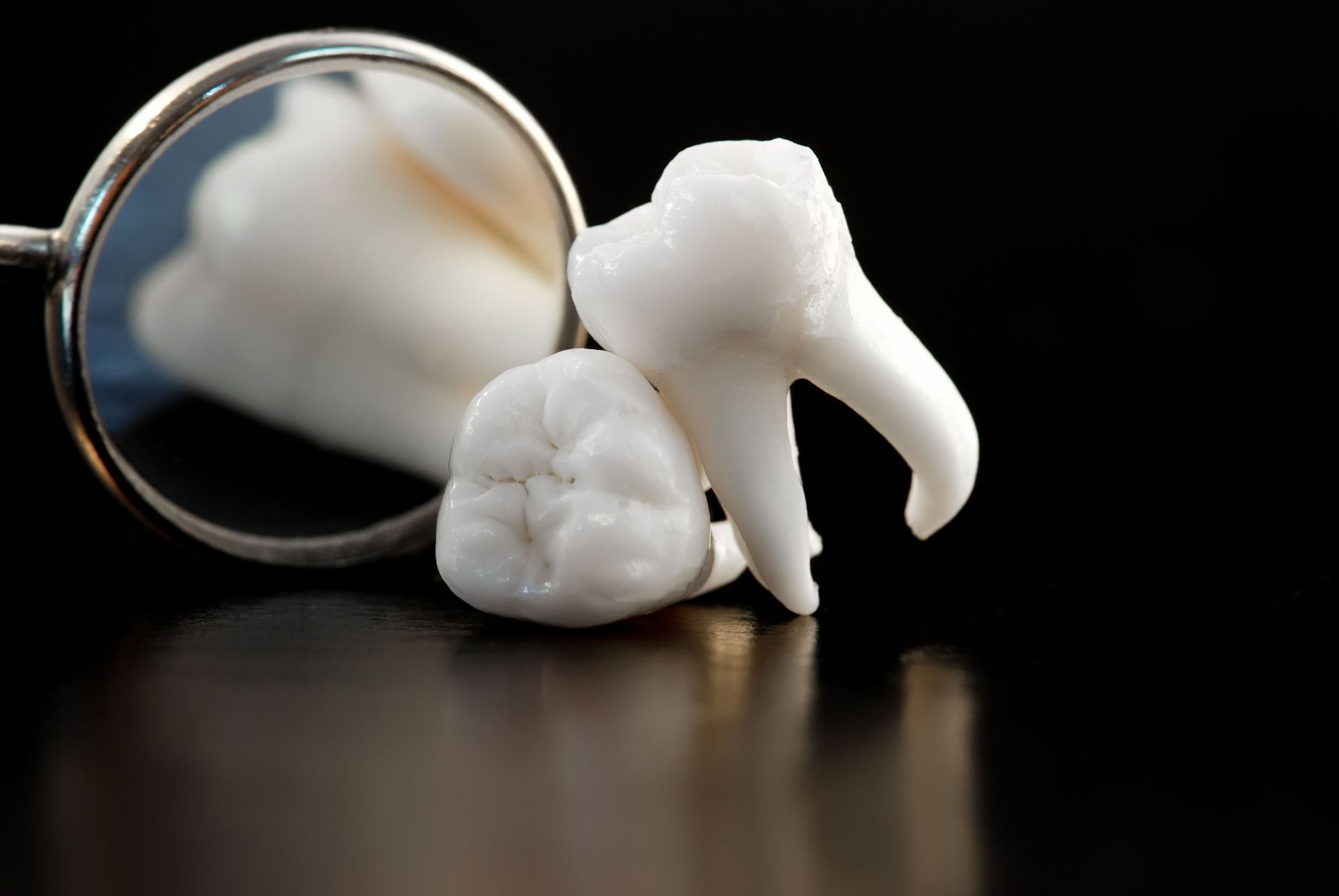
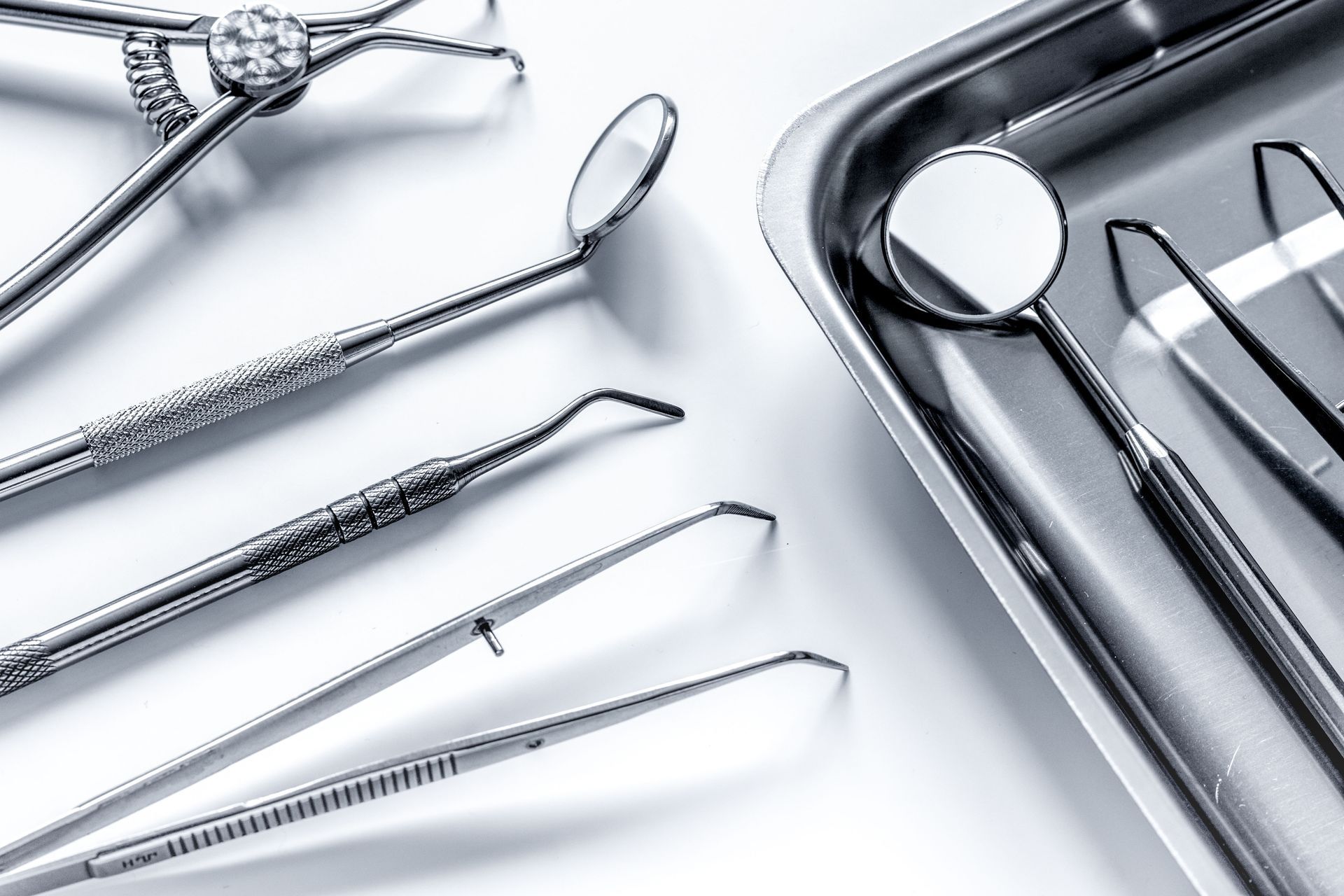
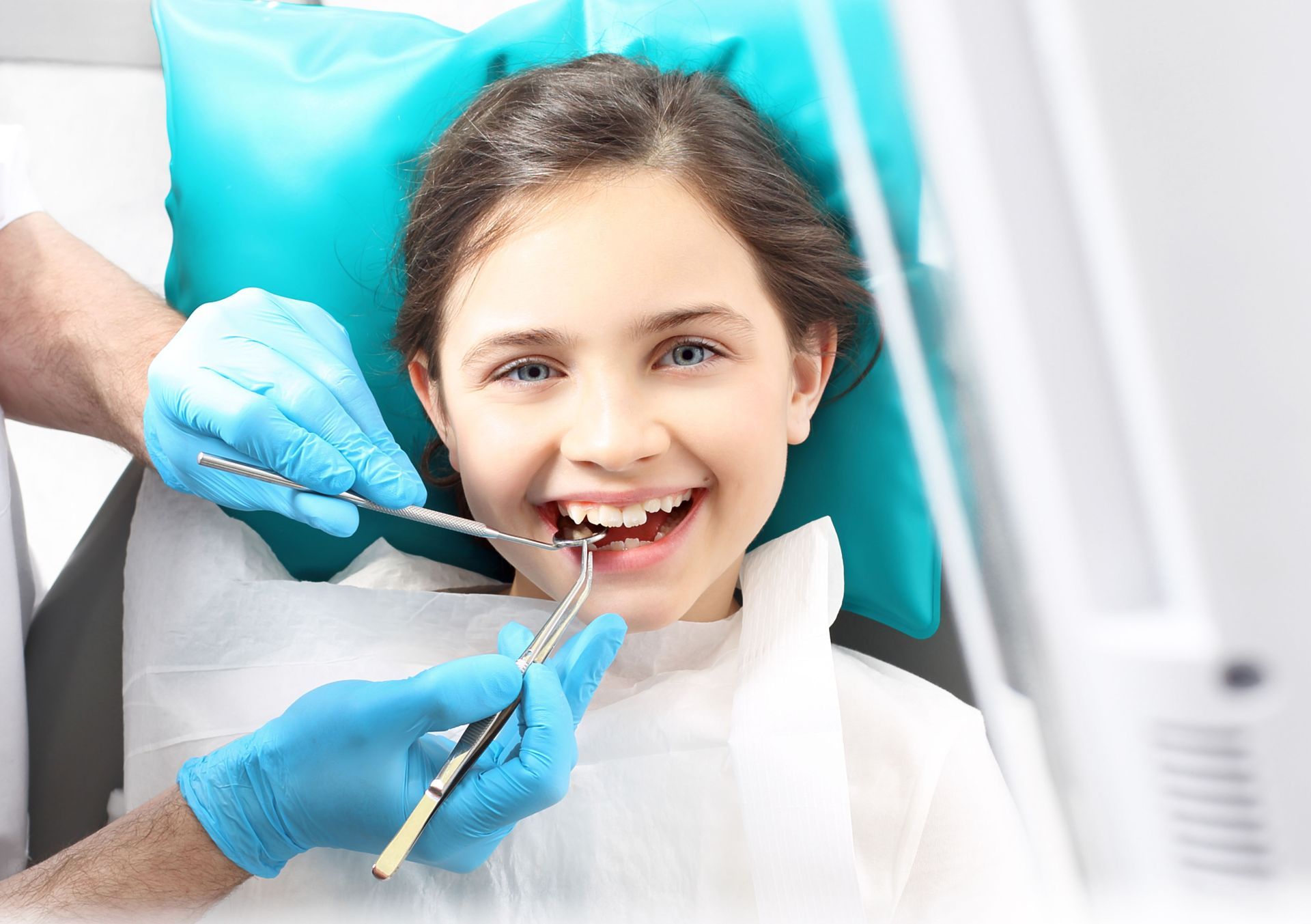
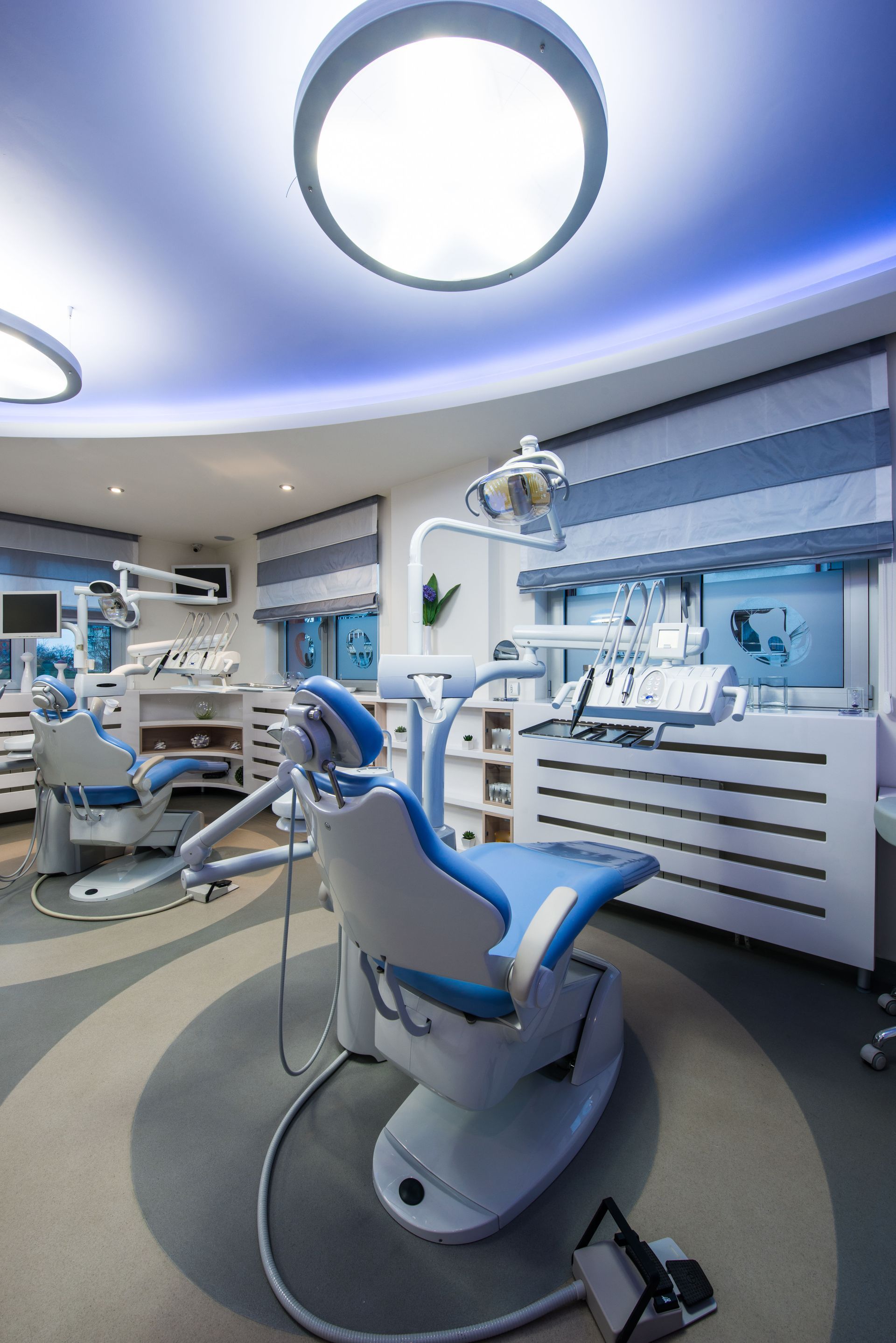

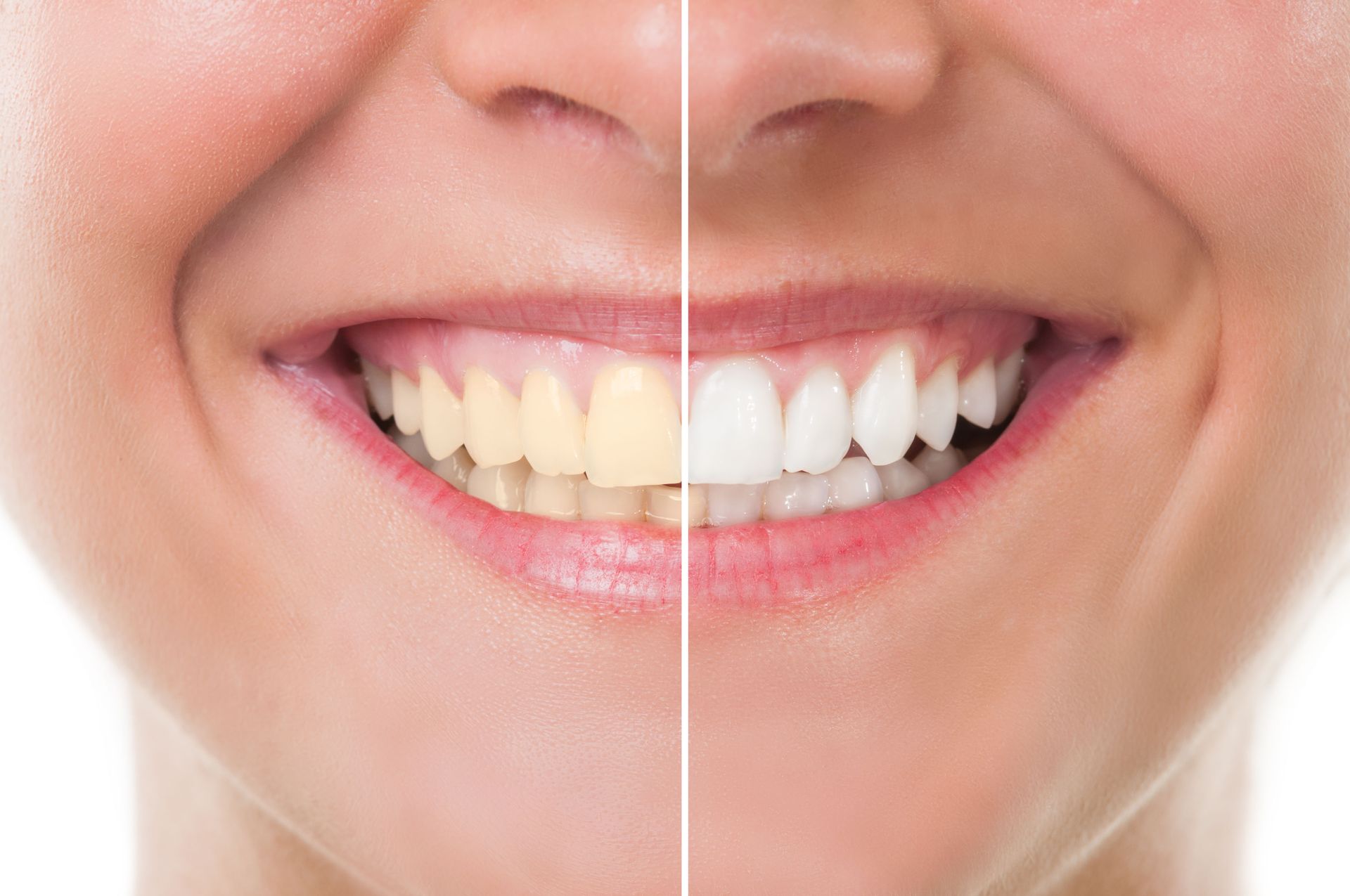
Share On: